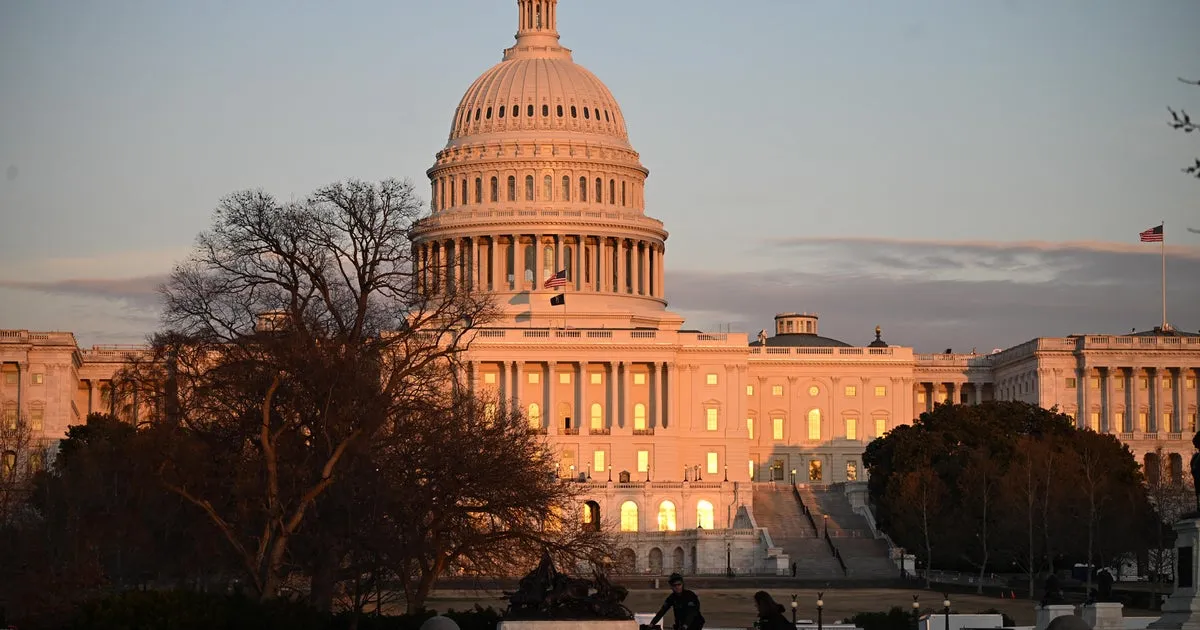Debt Ceiling Crisis: U.S. Faces Potential Default by August Amid Congressional Inaction

Debt Ceiling Crisis Explained
The debt ceiling crisis poses a serious threat to the U.S. economy, with the Congressional Budget Office (CBO) estimating the government might default on its obligations as soon as August. The inaction of Congress could lead to catastrophic financial repercussions for millions of Americans.
Consequences of Default
Defaulting on national obligations may result in increased borrowing costs, reduced government services, and weakened investor confidence.
Key Points to Consider
- Immediate Action Required: Congress must address the debt ceiling to avert crisis.
- Economic Impact: A default could trigger adverse effects on global markets.
- Public Reaction: Citizens may face direct financial hardship if the government halts payments.
The Path Forward
To prevent the debt ceiling crisis, lawmakers must engage in bi-partisan discussions to formulate a feasible budget plan that addresses spending and revenue concerns effectively.
This article was prepared using information from open sources in accordance with the principles of Ethical Policy. The editorial team is not responsible for absolute accuracy, as it relies on data from the sources referenced.